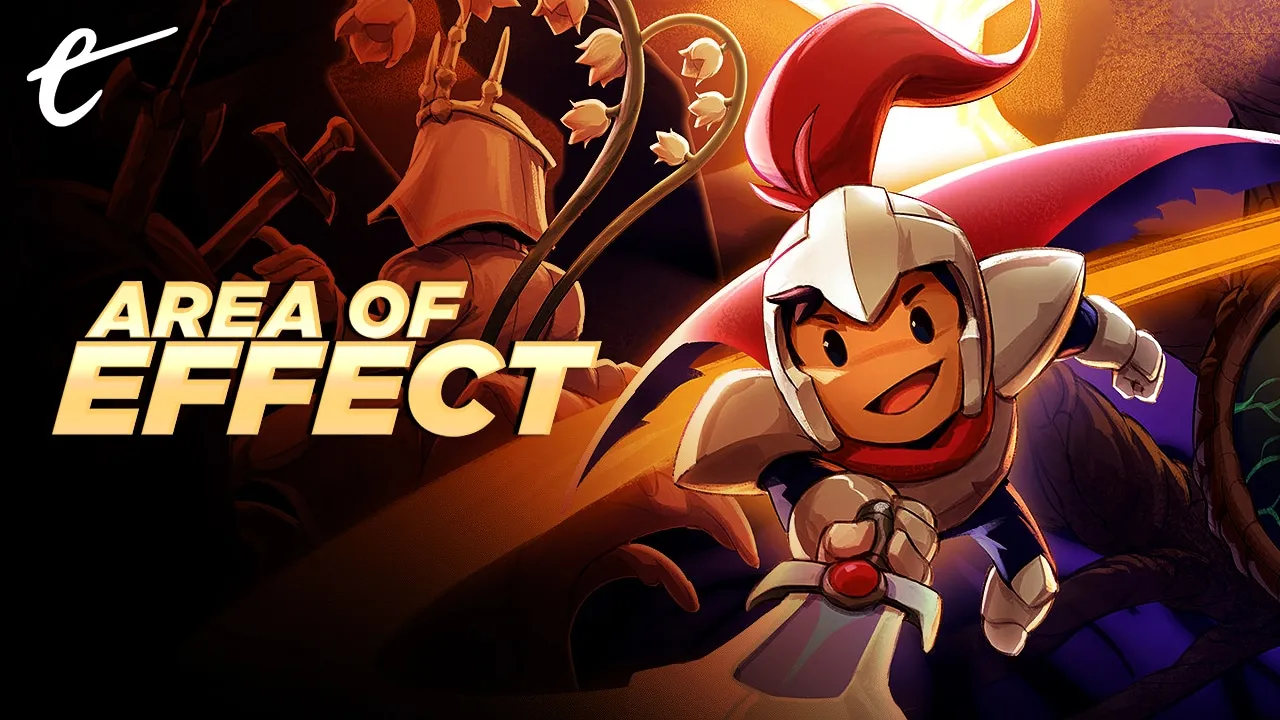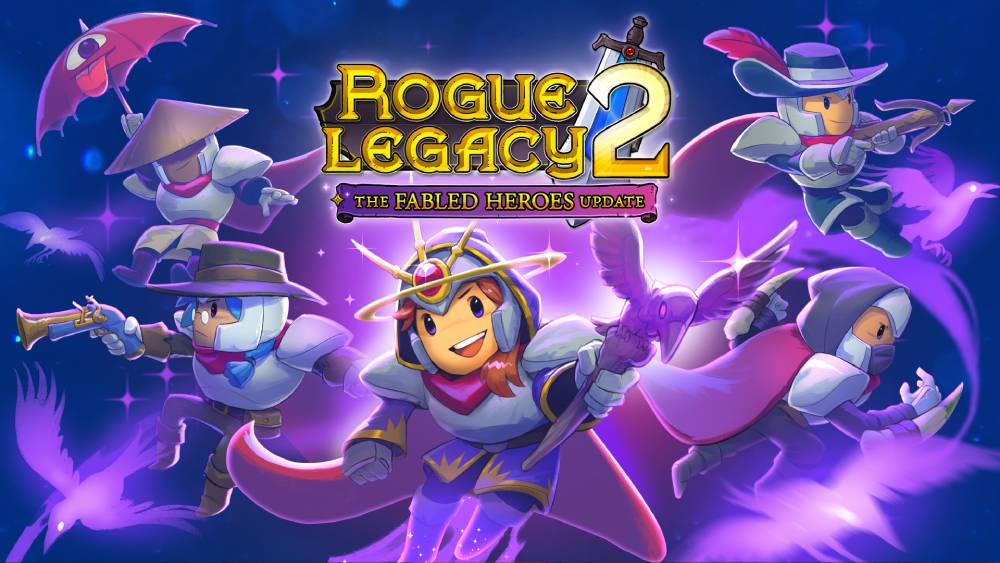
Introduction:
Rogue Legacy, developed by Cellar Door Games, stands as a testament to the enduring appeal of roguelike games. Released in 2013, it quickly gained acclaim for its unique blend of challenging gameplay, quirky humor, and innovative mechanics. However, it wasn’t just its initial success that captured the hearts of players; it’s the game’s enduring legacy that continues to resonate with gamers worldwide. In this article, we delve into the depths of Rogue Legacy, exploring its gameplay mechanics, its impact on the roguelike genre, and its enduring influence on modern gaming.
I. The Foundations of Rogue Legacy:
Rogue Legacy takes inspiration from classic roguelike games, where each playthrough presents a new challenge. However, it adds its twist with a unique inheritance system. In Rogue Legacy, players control a lineage of heroes, each with their own strengths, weaknesses, and quirks. When a hero dies, their descendant inherits their legacy, along with any upgrades or traits accumulated.
This inheritance mechanic adds a layer of strategy to the game, as players must carefully choose how to spend their hard-earned gold to upgrade their castle, unlock new classes, and improve their chances of survival. The randomized nature of the dungeons ensures that no two playthroughs are alike, keeping players engaged as they strive to conquer the ever-changing challenges.

II. The Art of Perseverance:
At its core, Rogue Legacy is a game about perseverance. With its punishing difficulty and unforgiving enemies, success often feels just out of reach. Yet, it’s precisely this challenge that drives players to improve, to adapt, and to overcome.
The game rewards patience and skill, as players learn from each death and gradually hone their abilities. Whether it’s mastering the timing of attacks, memorizing enemy patterns, or discovering hidden secrets, every failure brings with it the opportunity for growth. And with each successive playthrough, players inch closer to victory, their perseverance paying off in the end.
III. The Evolution of a Genre:
Rogue Legacy’s impact extends beyond its own success; it has also left an indelible mark on the roguelike genre as a whole. Its innovative blend of roguelike elements with RPG progression systems has inspired countless imitators and innovators alike.
Games like Dead Cells, Spelunky, and The Binding of Isaac owe a debt of gratitude to Rogue Legacy, drawing inspiration from its mechanics while adding their unique twists. The result is a diverse array of roguelike experiences, each offering its take on the genre while building upon the foundation laid by Rogue Legacy.
IV. The Enduring Legacy:
Nearly a decade after its release, Rogue Legacy continues to captivate players old and new. Its timeless gameplay, charming aesthetic, and addictive progression loop ensure that it remains a staple of the indie gaming scene.
Moreover, its influence can be felt in the broader gaming landscape, where roguelike elements have become increasingly prevalent in mainstream titles. From AAA blockbusters to indie darlings, the legacy of Rogue Legacy lives on, shaping the way we play and experience games.
Conclusion:
Rogue Legacy: Inheritance of Heroes stands as a testament to the enduring appeal of roguelike games. Its unique blend of challenging gameplay, innovative mechanics, and charming humor has left an indelible mark on the gaming industry. As we look back on its legacy, we can’t help but marvel at the impact it has had and continues to have on gamers worldwide. So, whether you’re a seasoned adventurer or a newcomer to the genre, Rogue Legacy invites you to step into its world and discover the legacy of heroes for yourself.
 ApkMines ApkMines – Download Apps and Games Free For Android
ApkMines ApkMines – Download Apps and Games Free For Android


